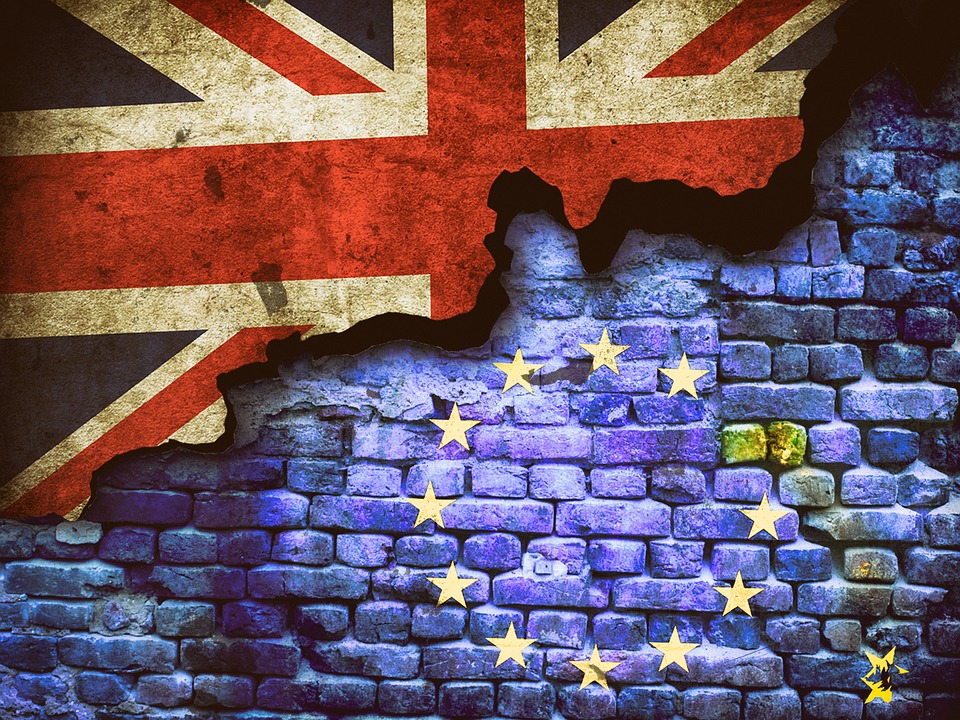New research shows that if the UK is to succeed post-Brexit, intercultural skills will play a pivotal role. However, the UK is currently facing a languages deficit. A serious upgrade in the nation’s language skills is vital if we are to remain a globally connected country.
Britain is the worst country in Europe when it comes to communicating in foreign languages. In general, foreign languages tend to be underappreciated in UK society. In Finland, France and Slovakia the proportion studying two or more languages is 99%, and in Luxembourg it’s 100%. In Britain the figure is 5%. And what is even more scary is that language learning is decreasing.
Following the Brexit vote, a third of English schools reported a fall in the number of pupils interested in foreign languages. Wales should have an advantage because of the widespread bilingualism – however, the number of students who take foreign languages at GCSE in Wales is the lowest in the UK.
Very few business people are confident enough to conduct deals in a buyers’ language, while non-exporters see a lack of proficiency in another language as a barrier to doing so.
A study shows 56% of consumers say language is more important than price when choosing a product or service. So, how will UK firms compete in the global market with fewer multilingual residents?

Post-Brexit prosperity is dependent on UK’s language skills
If it wasn’t for multilingual migrants, many British firms would be even more limited when it comes to international communication.
What’s more, fewer multilingual people means fewer able to teach languages. Over a third of language teachers are from the EU. On top of this, current EU funding is essential in a lot of language learning programmes. This will disappear.
What are the risks of British monolingualism? Simple: being mentally stuck in the Anglosphere, which is the minority of the trading world.
Theresa May talks about “global Britain”. For many Brexiteers this mean the Anglosphere and restoring UK independence. But this limited mindset means less engagement with our fast-changing world. A forward-thinking country must be engaged with the whole world. Therefore, while the UK is renegotiating its place in the global economy, learning languages is more important than ever.
Many think having an A-level in a foreign language or spending a year abroad means they can speak the language. Unfortunately, this does not ensure fluency. Learning a language is a long process and requires many hours of work and commitment.
So, what can be done to improve the UK’s ability to communicate with the world?
Encouraging schoolchildren to take up languages and enabling them to select more than one language without compromising other subjects. Making foreign languages compulsory, more international exchange programmes for students, raising awareness of the importance of learning languages and making it more attractive and fun.
According to a new report released by the British Council, the languages the UK will need most after Brexit are Spanish, Mandarin Chinese, French, Arabic and German, followed by Italian, Dutch, Portuguese, Japanese and Russian.
The ability to speak and understand other languages can help the UK create smooth relationships with its neighbours and make new allies beyond the English-speaking world.
It’s a shame the whole world doesn’t just speak English.
– Written by Anna Bastek: multi-award winning entrepreneur, inspirational speaker, owner of Wolfestone, VoiceBox and Robertson Languages International, Welsh Government Dynamo Role Model, Ironman triathlete, traveller.

